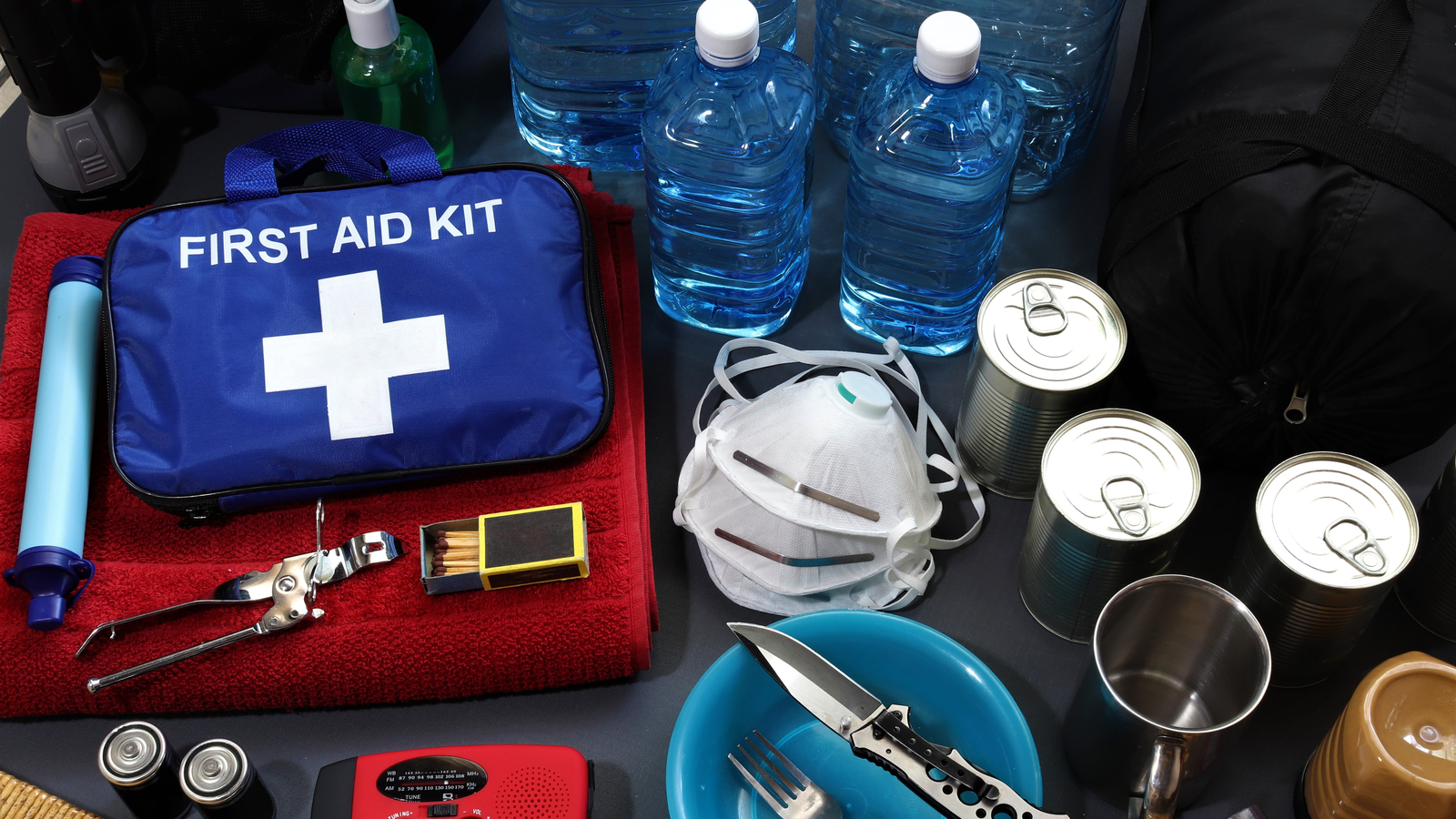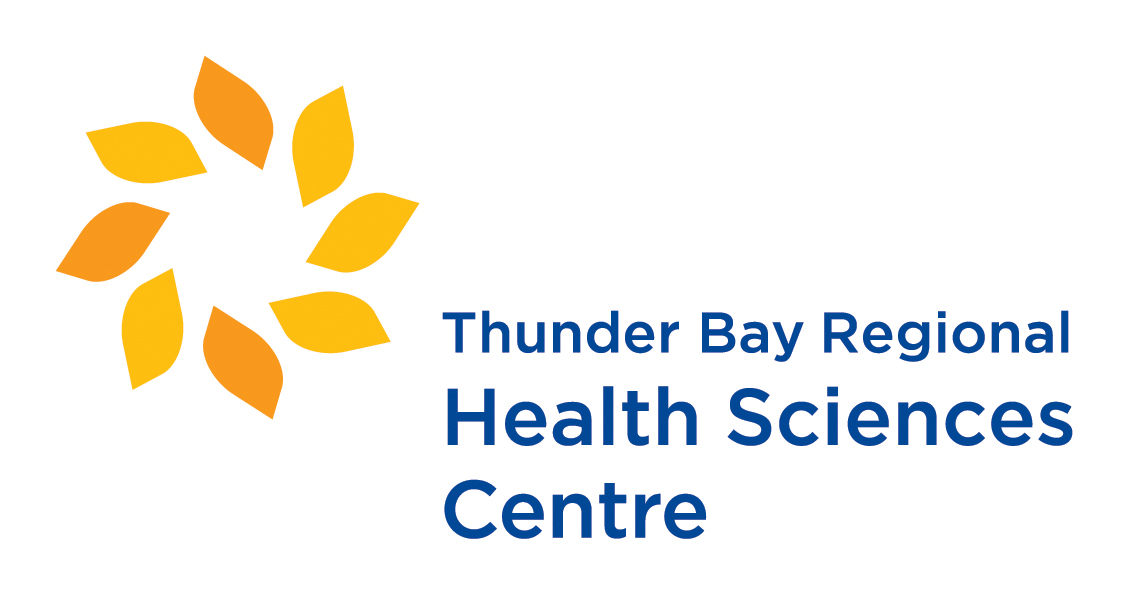May 1-7 is Emergency Preparedness Week at Thunder Bay Regional Health Sciences Centre (TBRHSC). This year’s theme is “Be Ready for Anything”. Throughout the week we will share information related to emergency preparedness at TBRHSC and tips for personal emergency preparedness.

Natural disasters may be beyond our control, but there are ways to reduce the risk and the impact of whatever emergency we might face.
Emergency Preparedness Week encourages Canadians to take concrete actions to be better prepared to protect themselves and their families during emergencies. At TBRHSC we use this week as an opportunity to bring awareness to our Hospital’s emergency preparedness program. The TBRHSC Emergency Preparedness team encourages you to contact us to learn about our role in emergency response.
This week we have focused largely on emergency preparedness at the hospital, however it is also important that our staff are personally prepared at home!
By taking a few simple steps, you can become better prepared to face a range of emergencies – anytime, anywhere. It is important to:
- Know the risks – Although the consequences of disasters can be similar, knowing the risks specific to our community and our region can help you better prepare.
- Make a plan – It will help you and your family know what to do.
- Get an emergency kit – During an emergency, we will all need some basic supplies. We may need to get by without power or tap water. Be prepared to be self-sufficient for at least 72 hours in an emergency.
Visit www.getprepared.ca or https://www.ontario.ca/page/emergency-preparedness for more resources to help you and your family prepare for all types of emergencies. You will also find family emergency plan templates and emergency kit content recommendations.
This year, the COVID-19 global pandemic continues to have unprecedented impact on Canadians. While governments at all levels are working hard to keep Canada safe; now, more than ever, we understand that we all have a role to play in emergency preparedness.
This week, we encourage you to take concrete actions to be better prepared. Please do your part! Experience has shown that individual preparedness goes a long way to help people cope better – both during and after a major disaster. Review hospital emergency code policies and sub-plans, know your role during an emergency code, and get a personal emergency kit to increase your personal preparedness – it can make a world of difference.
